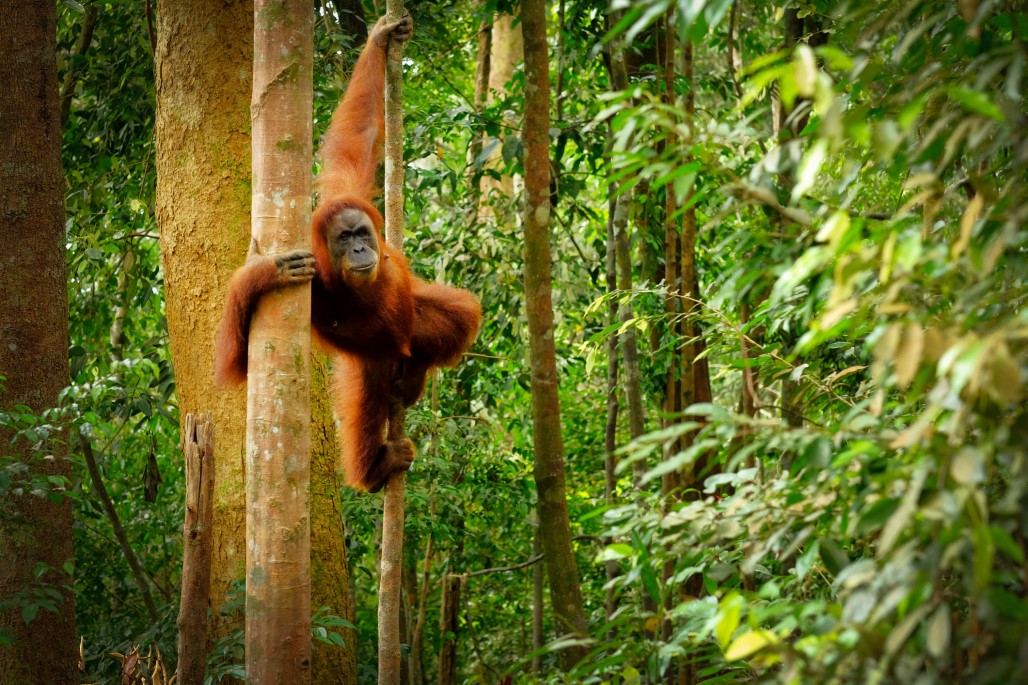
In West Kalimantan in Indonesian Borneo, Alam Sehat Lestari Foundation (ASRI) works with local communities to co-design sustainable solutions that preserve climate-critical rainforests. Conservation interventions are linked with affordable healthcare and alternative livelihoods (i.e., organic farming, goat farming) to encourage people to protect and preserve nature. The local nonprofit also conducts planetary health education programs, including after-school programs and camps for young people.
ASRI is one of 13 nonprofits that will receive a grant from the Asian Venture Philanthropy Network (AVPN), Asia's largest network of social investors. The grantees of the Asia–Pacific Sustainability Seed Fund were announced at the Asian Development Bank's (ADB) Southeast Asia Development Symposium (SEADS) 2023 in Bali last March.
Supported by Google.org, the philanthropic arm of Google, and ADB, the fund was set up to scale up the most innovative tech-driven solutions to combat climate change and drive sustainability in the region. Asia and the Pacific, especially its low-lying and small island countries, is extremely vulnerable to the disastrous impacts of climate change, such as extreme precipitation events, heat waves, rising sea levels, and loss of biodiversity.
Together with international nonprofit Health in Harmony, ASRI will develop the Rainforest Exchange (RX) platform to provide more accurate and accessible information on forest and carbon loss, which are critical in the fight against deforestation.
Protecting the lungs of the earth
Rainforests and other equatorial forests serve as the “lungs of the earth,” drawing in carbon dioxide from the atmosphere and breathing out oxygen. Over the years, forest conversion and degradation have made the rainforests in Borneo a top priority for conservation. The World Wide Fund for Nature (WWF) lists the island as among the hotspots with the fastest deforestation rates in the world. The warming of the planet has also made the area vulnerable to forest fires.
ASRI started working with communities around the Gunung Palung National Park in West Kalimantan in 2007, recognizing that local people are critical actors in and beneficiaries of conservation. Listening to the needs of the people, it came up with a scheme that improved their access to affordable and quality health care. ASRI offers tiered healthcare discounts (from 30% to 70%) to villages that decrease illegal logging activities. It dispatches a mobile clinic to reach remote areas. Patients who are short in cash may pay in kind: seedlings that will be used in reforestation programs.
A 2020 study published in the Proceedings of the National Academy of Sciences, a peer-reviewed multidisciplinary journal of the National Academy of Sciences (NAS) in the United Sates, examined the impact of the West Kalimantan program. It concluded that “increasing access to affordable, high-quality health care as part of a comprehensive conservation intervention—in this case, to rural communities with limited resources and income options living near a densely forested national park in Indonesia—benefits both conservation and human health.”
Encourage by the positive results, ASRI added another rainforest in West Kalimantan, Bukit Baka Bukit Raya, to the program, while its partner Health in Harmony applied the same approach to the Manombo Rainforest in Southern Madagascar and the Xingu Basin of the Amazon Rainforest in Brazil.
Coping with the effects of the pandemic
In its 2020 annual report, ASRI noted that the COVID-19 pandemic affected not only the health of the local population in West Kalimantan but also their household income. Some people fell back on cutting trees because of economic hardships. In response, ASRI created a Conservation Stimulus program that bought rice and other crops from farmers, who were the most affected by the pandemic. It also offered cash incentives to former loggers for taking care of the trees.
The pandemic also affected some of the activities, such as mobile clinic services, which were cancelled for some months, and planetary health education activities, which were either postponed or conducted online or outdoors where COVID-19 health protocols were observed.
Other projects, however, continued. For example, under the program’s Chainsaw Buyback drive, eight loggers sold their chainsaws and started alternative livelihoods in 2020, bringing the total number of former loggers to 60 since the initiative was launched in 2017. It has protected 42,933 old-growth trees from being cut. The pandemic also did not stop reforestation activities.
In October 2020, ASRI and Health in Harmony’s work was recognized at the United Nations Global Climate Action Awards.
This article was first published by BIMP-EAGA on 26 May 2023.

